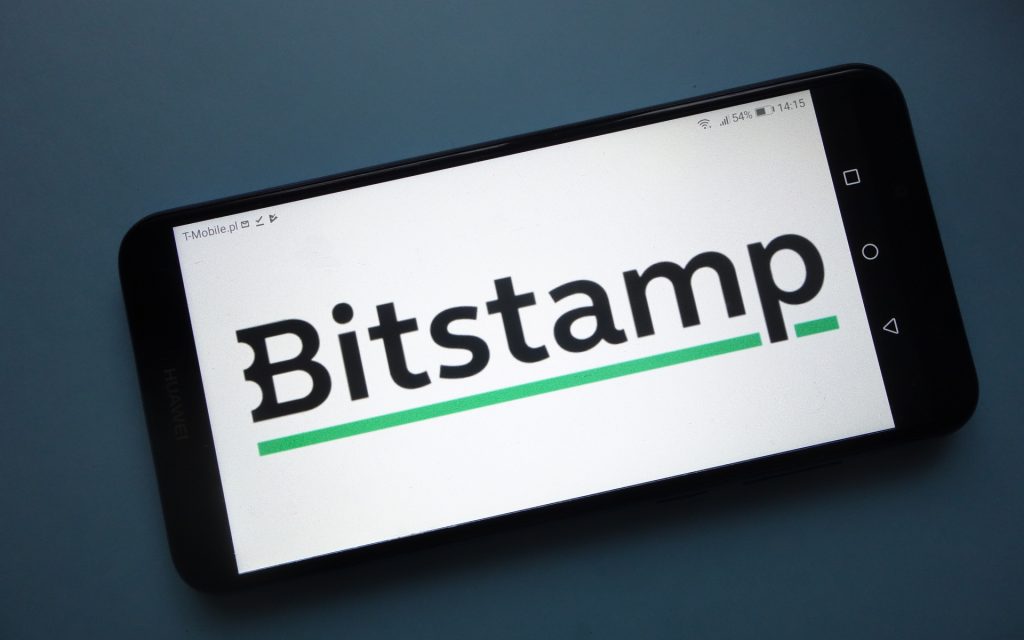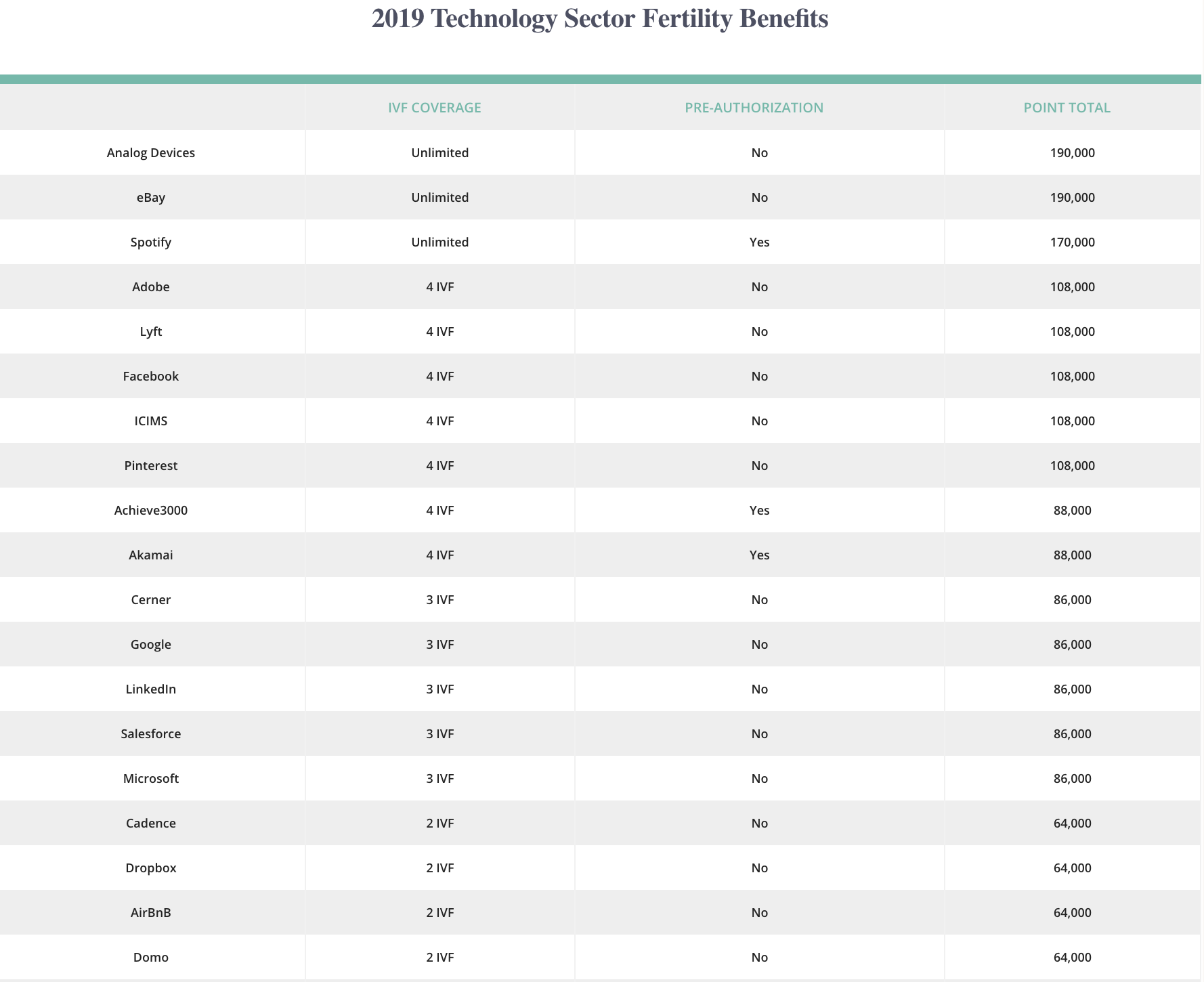
The decree establishing a legal framework for cryptocurrencies in Venezuela has entered into force. It contains 63 articles including rules for the purchase, sale, use, distribution, and exchange of cryptocurrencies and related products. It also mandates a registration system and details audit procedures, penalties for non-compliance, and how mining equipment can be confiscated.
Also read: Indian Supreme Court Moves Crypto Hearing, Community Calls for Positive Regulations
Legal Framework for Cryptocurrencies
Venezuela’s “Constituent Decree on the Integral System of Crypto Assets” has been published in the country’s official gazette. The decree establishing the legal framework for cryptocurrencies and all related activities contains 63 articles; it entered into force with the publication in the gazette.
Ramirez Joselit, the Superintendent of Sunacrip, Venezuela’s Superintendency of Crypto Assets and Related Activities, tweeted on Jan. 31:
Today the constituent decree that will govern the operation of the Integral System of Crypto Assets of Venezuela was published in Official Gazette Number 41.575.

The 63 articles are grouped into six sections. The first section comprises articles 1 to 5 which outline general information about the decree including its objectives and scope of application. It also defines blockchain, digital mining, crypto asset, sovereign crypto asset, cryptography, user, and public price.
The second section explains the “structure of the Integral System of Crypto Assets” in articles 6 to 28. The third section sets rules for the new registration system in articles 29 to 33 while the fourth details the audit and inspection procedures in articles 34 to 41. Articles 42 to 51 make up the fifth section which discusses offenses and penalties whereas articles 52 to 63 are found in the last section which mostly describes administrative procedures.
“The purpose of this constituent decree is to create and define the regulatory framework applicable to the Integral System of Crypto Assets,” the gazette reads. According to article 3:
The scope of application of this constituent decree [covers] goods, services, values or activities related to the constitution, issuance, organization, operation and use of [the] national crypto assets and [other] crypto assets, within the national territory, as well as the purchase, sale, use, distribution and exchange of any product or service derived from them and other activities that are connected.

Sunacrip and the Registration System
Sunacrip, which has already been acting as the regulator of all crypto-related activities in Venezuela, has been given even more power by the decree which states:
[Sunacrip] will exercise the broadest powers within the legal and constitutional framework, to regulate the creation, issuance, organization, operation and use of crypto assets, and consequently, to regulate the operation of the exchange houses and other crypto asset financial services, as well as activities associated with digital mining.
In addition, individuals and legal entities wanting to carry out crypto-related activities including mining are required to register with Sunacrip. Article 11 states that the regulator must “coordinate and monitor the records of digital miners, exchange houses and other financial services” that deal with crypto assets. Article 29 further calls for the regulator to “create the necessary records to systematize the information corresponding to digital miners, exchange houses, other financial services in crypto assets and the intermediation of crypto assets.”
Article 33 states that Sunacrip “will establish the public prices applicable to the system of registry, to the exchange operations, as well as to the services that lend and other considerations.”

Inspections and Confiscations
Article 34 of the decree details how Sunacrip will inspect the activities in the cryptocurrency sector to ensure compliance.
If any signs of non-compliance are detected during an inspection, measures will be taken to prevent further violations, article 37 describes. These measures may consist of confiscation of any mining equipment found, and the “suspension of licenses, permits or authorizations” issued by Sunacrip, as well as the suspension of “Any other provision in the legal system to prevent the violation of the rights of citizens.” The article further details:
When the confiscation measure is ordered on mining equipment, the superintendency will keep the respective assets, which … may be arranged for social purposes.
With all of the new powers granted to Sunacrip, Criptonoticias news outlet commented that “This could mean that Sunacrip would be in a position to monitor any platform that serves the commercialization of cryptocurrencies in Venezuela, whether national or international, centralized or decentralized … which would encompass services like the one offered by Localbitcoins.”

Penalties
The decree also proclaims heavy penalties for unlicensed crypto activities, including mining. According to article 42:
Those who operate or perform any type of activity related to the constitution, issuance, organization, operation and use of sovereign crypto assets or [other] crypto assets, including mining, without the due authorization of the governing body and in breach of the other formalities required by this constituent decree, will be sanctioned with a fine equivalent to 100 to 300 sovereign crypto assets.
Furthermore, article 43 states that those who have obtained, accessed, intercepted, interfered or used “information technologies related to the Integral System of Crypto Assets” without proper authorization “will be punished with imprisonment from one (01) to three (03) years and fined equivalent of fifty (50) to one hundred (100) sovereign crypto assets.” Criptonoticias noted that this rule applies not only to miners but also to “any person that is related to the management of crypto assets.”
What do you think of these Venezuelan crypto rules? Let us know in the comments section below.
Images courtesy of Shutterstock.
Need to calculate your bitcoin holdings? Check our tools section.
The post Venezuela’s New Cryptocurrency Rules Enter Into Force appeared first on Bitcoin News.
from Bitcoin News http://bit.ly/2St7L4E Venezuela’s New Cryptocurrency Rules Enter Into Force












 After drugs, gambling is the vice most commonly associated with cryptocurrencies. While bitcoin has a wealth of applications, it is no coincidence that bitcoin’s first “killer app” was hi-lo betting site Satoshi Dice. Because of its statelessness, suitability for cross-border transfers, and pseudonymity, cryptocurrency is a natural fit for online casinos. Many web-based sportsbooks and casinos accept digital assets such as BTC, BCH, ETH, and DASH, and there are dozens of platforms that exclusively accept cryptocurrency.
After drugs, gambling is the vice most commonly associated with cryptocurrencies. While bitcoin has a wealth of applications, it is no coincidence that bitcoin’s first “killer app” was hi-lo betting site Satoshi Dice. Because of its statelessness, suitability for cross-border transfers, and pseudonymity, cryptocurrency is a natural fit for online casinos. Many web-based sportsbooks and casinos accept digital assets such as BTC, BCH, ETH, and DASH, and there are dozens of platforms that exclusively accept cryptocurrency.

